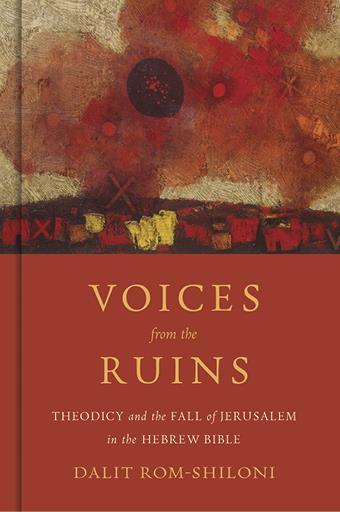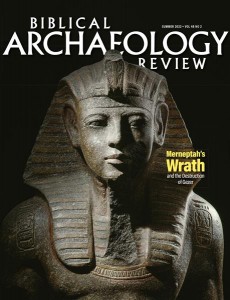Epistles: Book Review: Voices from the Ruins

Jerusalem’s razing in 586 B.C.E. was devastating, and conflicting cries from the tragedy echo down across the ages. In a host of Hebrew Scriptures, we hear the clash of varying voices from Judah’s smoking ruins—destroyed at the hands of the Babylonian army of King Nebuchadnezzar II. Together with the biblical writers, we search for meaning amid such crisis. This inquiry is a perfect example of theodicy, which is an attempt to reconcile our understanding of God as good and omnipotent with the perceived existence of evil and suffering in the world. A balanced search for meaning, however, requires listening to all the voices, including those of severe doubt and protest. The dissonances between conflicting voices must clang in Bible readers’ ears, compelling serious reflection. The dissonant voices are on full display in biblical passages such as Jeremiah 21:2-5, Psalm 79:8, and Ezekiel 5:9.
As of 586 B.C.E., Jerusalem lay in ruins, and the Israelites were anxiously asking about God’s nature and character. Professor Dalit Rom-Shiloni’s magisterial work of descriptive theology, Voices from the Ruins, transports us back to the sixth century to hear the voices sounding amid the Bible’s most extreme calamity. A biblical scholar at Tel Aviv University, Rom-Shiloni is passionate about the conversation. Her biblical theology is specifically descriptive. It is not driven by Christian or Jewish concerns but attends strictly to the historical and ideological contexts that biblical texts of multiple genres engage.
Already a library member? Log in here.
Institution user? Log in with your IP address.

